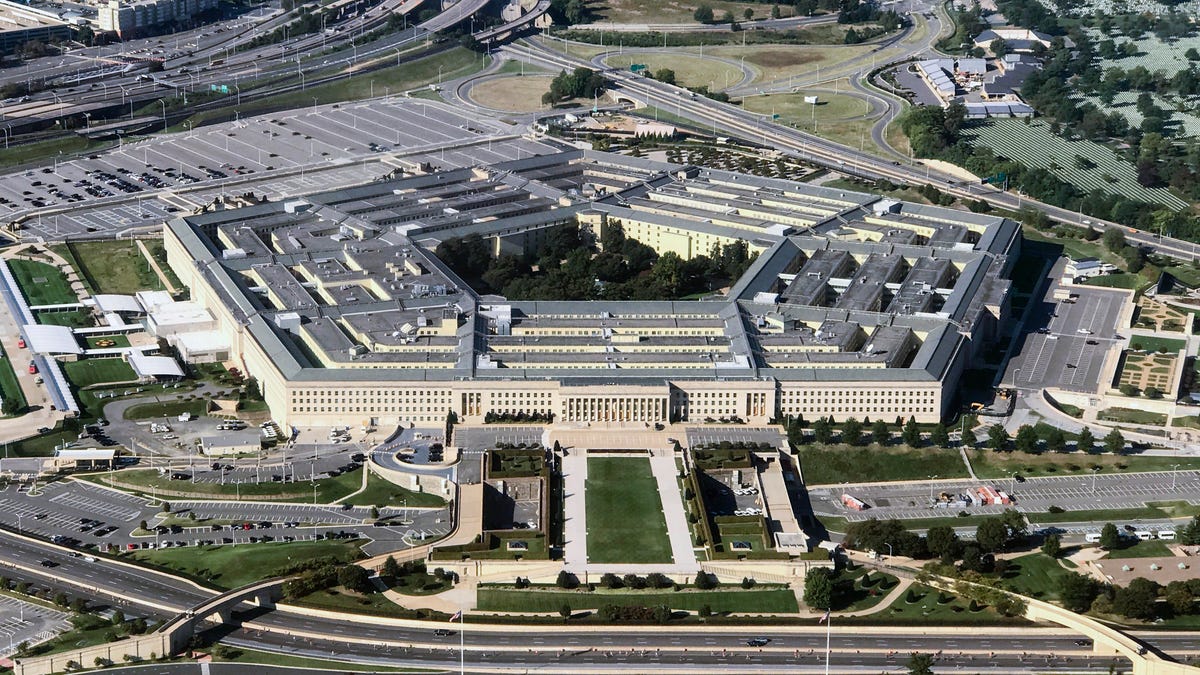Trump-Amazon spat puts Pentagon's cloud bid in spotlight
The Department of Defense is working on a multibillion-dollar cloud services contract. Amazon's rivals are already claiming Amazon is being favored for the job.

Amazon is one of Trump's favorite targets, but could it be the Pentagon's top choice for providing cloud services?
Amid President Donald Trump's attacks against Amazon this week, the Pentagon is moving forward with a massive cloud computing contract process that may end up netting Amazon billions of dollars.
The Department of Defense last month said it will choose one winner for its cloud services needs, which it says will cost billions of dollars. Amazon's rivals claim the deal favors Amazon because of its already dominant position in the cloud market.
The Pentagon received 1,089 comments, including submissions from 46 companies, showing the high level of interest in the pending contract, Bloomberg said Wednesday. The comments and the DOD's answers will be posted publicly next week.
Amazon already has contracts with other US government agencies, including the CIA, and critics worry the Pentagon deal will ensure Amazon's continued market dominance as it will have the inside track on future government contracts.
While Trump has been accusing Amazon of taking advantage of its relationship with the US Postal Service and not paying enough in taxes, he hasn't directed his ire at this deal.
"[The Pentagon] will select the provider that best meets their needs for the warfighter," an Amazon Web Services spokeswoman told The Hill last month. "Legacy providers that claim otherwise are focused on protecting their own bottom line and not advancing the mission of DOD."
The two-year deal includes four two-year options, for a potential total of 10 years.

